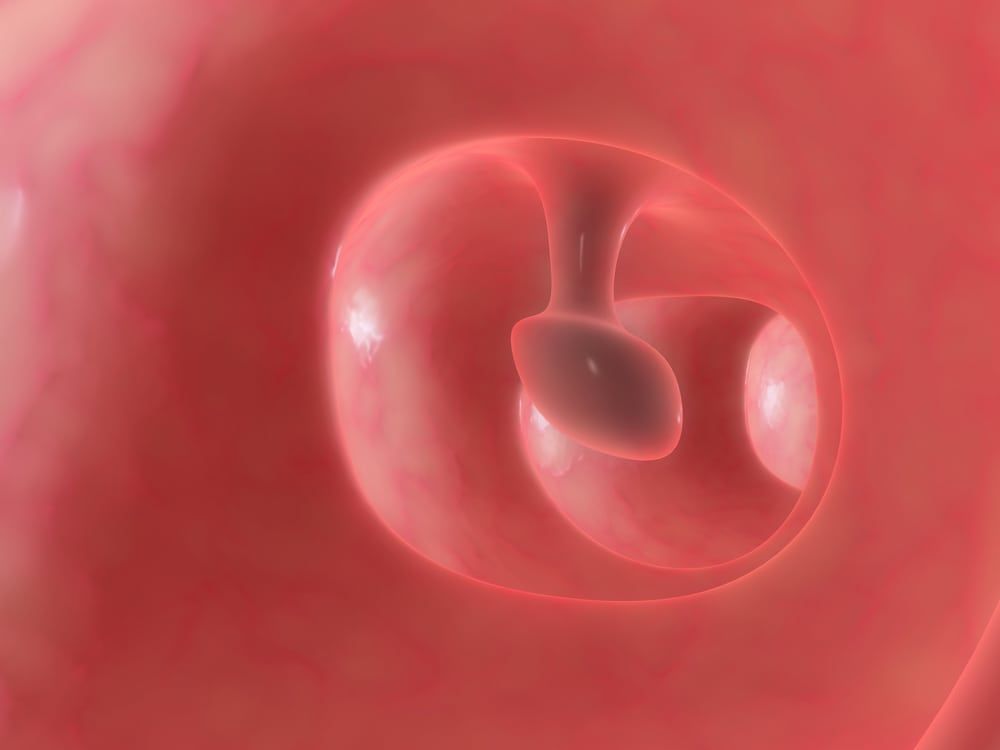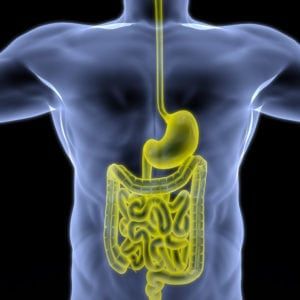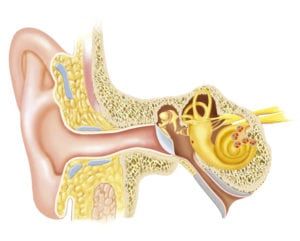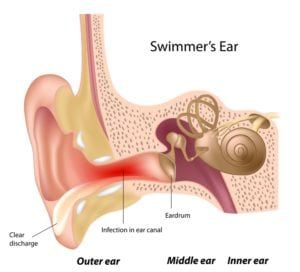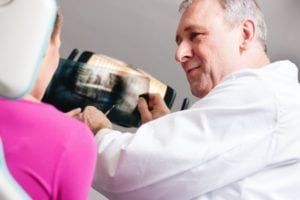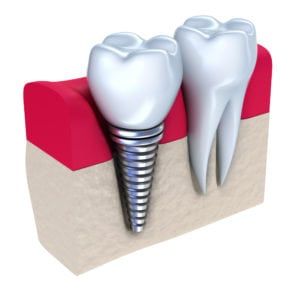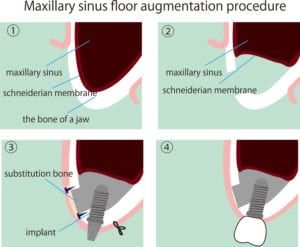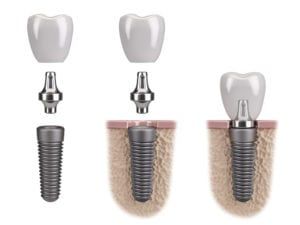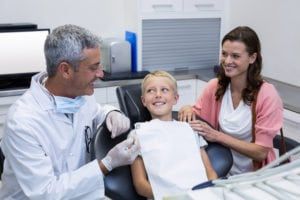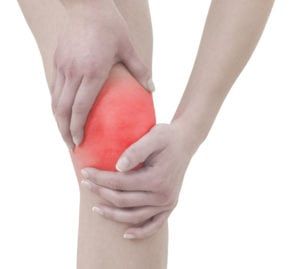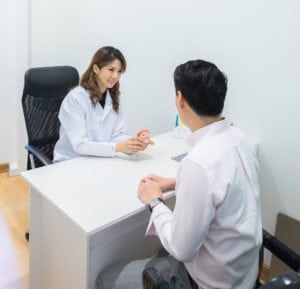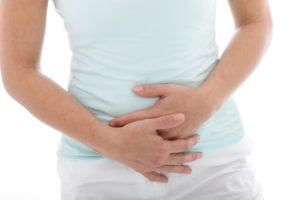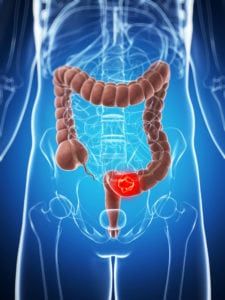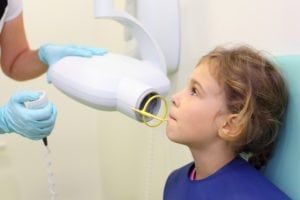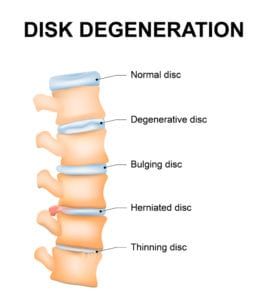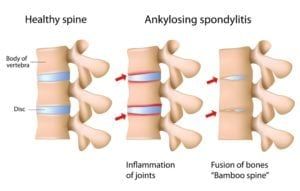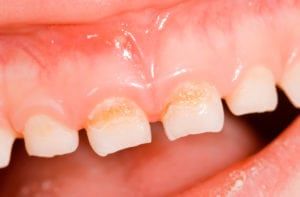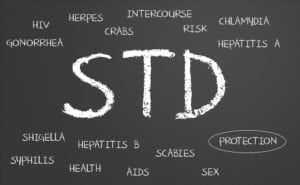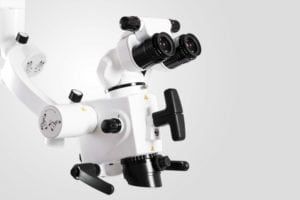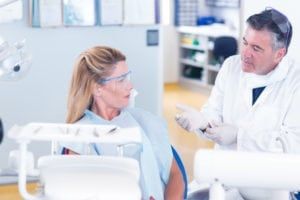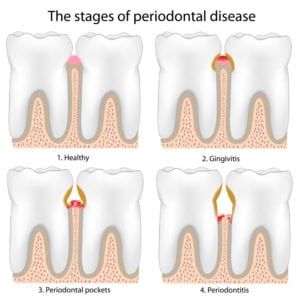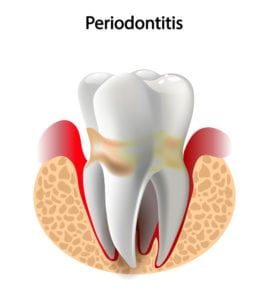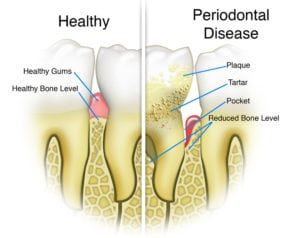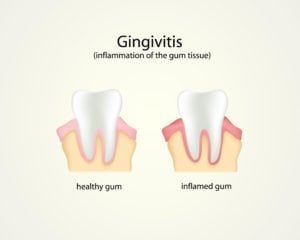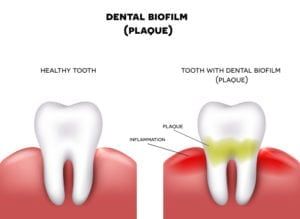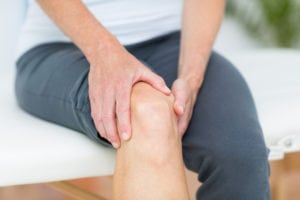Colon polyps are benign growths that occur on the insides of the lower intestine. Though these small lumps of tissue are usually harmless, some may be pre-cancerous. Less than 1 percent of all colon polyps will turn into colon cancer, yet it is still important to remove them as a preventative measure. When polyps are detected and removed early, a person’s risk of developing colon cancer is significantly reduced.
Did you know…that colon polyps are very common among the adult population? The prevalence of colon polyps and colon cancer increases as a person ages – especially after age 50. Both genders get colon cancer, though men are slightly more likely to develop the disease than women. According to the North American Association of Central Cancer Registries, African-American men and women have the greatest rates of colon cancer, followed by Caucasians. |
Frequently Asked Questions
What are the symptoms of colon polyps?
Most people who have colon polyps are asymptomatic and completely unaware of them. A small percentage may experience some symptoms, such as rectal bleeding, diarrhea and constipation. That is why colon health screenings are recommended to everyone as they begin to age or otherwise show symptoms. Most people should have their first colon screening by age 50. African Americans, however, should begin at age 45. Earlier screenings may be necessary for people who are symptomatic or otherwise have a family history of colon cancer.
How can a gastroenterologist detect the presence of colon polyps?
There are many screenings and diagnostic tests that can indicate the presence of polyps. The most effective screening is a colonoscopy, in which a camera is inserted into the colon, allowing the doctor to visibly view the internal colon wall. In addition to colonoscopy, a GI doctor may order a barium enema, fecal occult stool test, stool DNA test, or a flexible sigmoidoscopy, which allows doctors to view only a part of the colon.
What will my GI doctor do if he or she detects colon polyps in one of my tests?
Polyps found during a colonoscopy can be removed simultaneously and sent to pathology for testing. If your doctor detects the presence of polyps or abnormal tissue in another type of screening, a colonoscopy may be necessary to remove them. Patients are sedated for colonoscopy procedures and feel no pain when polyps are removed from the intestinal wall.
